Publicaciones académicas
Sección donde se pueden consultar artículos, capítulos de libros y libros académicos relacionados con sistemas de algoritmos e IA que fueron producidos por integrantes de nuestro equipo.
Artículos académicos:

Hacia una inteligencia artificial centrada en los seres humanos: contribuciones de las ciencias sociales
2025-07-25
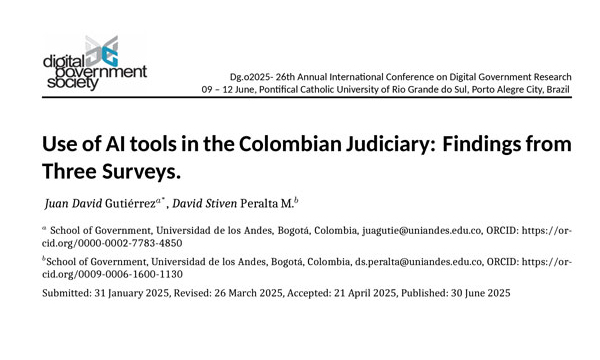
Use of AI tools in the Colombian Judiciary: Findings from Three Surveys
2025-06-30

Transparencia algorítmica y Estado Abierto en Colombia
2023-12-30
En los últimos años se ha producido un rápido avance y despliegue del uso de sistemas de toma automatizada de decisiones (SDA) tanto en el sector público como en el privado alrededor del mundo, incluida Colombia. Por otra parte, la mayoría de las guías y marcos éticos asociadas con el desarrollo y uso de IA incluyen como uno de los principales valores la “transparencia”. Paradójicamente, son pocas las entidades estatales del nivel nacional y/o local que informan de manera sistemática y estandarizada sobre el uso de dichos sistemas.

Adopción de sistemas de decisión automatizada en el sector público: Cartografía de 113 sistemas en Colombia
2023-09-25
La literatura sobre el uso de sistemas de decisión automatizada (SDA) en el sector público ha dado cuenta de su creciente adopción en América Latina. En el caso de Colombia, no existen trabajos que mapeen y caractericen de forma sistemática el uso de SDA por parte del Estado. Este artículo contribuye a cerrar esa brecha en la literatura a partir del análisis de una nueva base de datos sobre 113 SDA de entidades del sector público colombiano, de los cuales 97 se encuentran en funcionamiento (86%), 14 en pilotaje (12%) y dos más que fueron descontinuados.

Presentación de número: Retos de la gobernanza de datos y de inteligencia artificial en el sector público Iberoamericano
2023-09-25
El sector público de Iberoamérica enfrenta nuevos desafíos en relación con la gobernanza de datos y el uso de sistemas de decisión automatizada (SDA). Por una parte, los Estados cada vez recolectan y generan un volumen más grande y variado de datos en el ejercicio de sus funciones. Por otra parte, cada vez más entidades públicas nacionales y subnacionales de Iberoamérica están adoptando SDA para el cumplimiento de sus funciones.
Capítulos en libros:
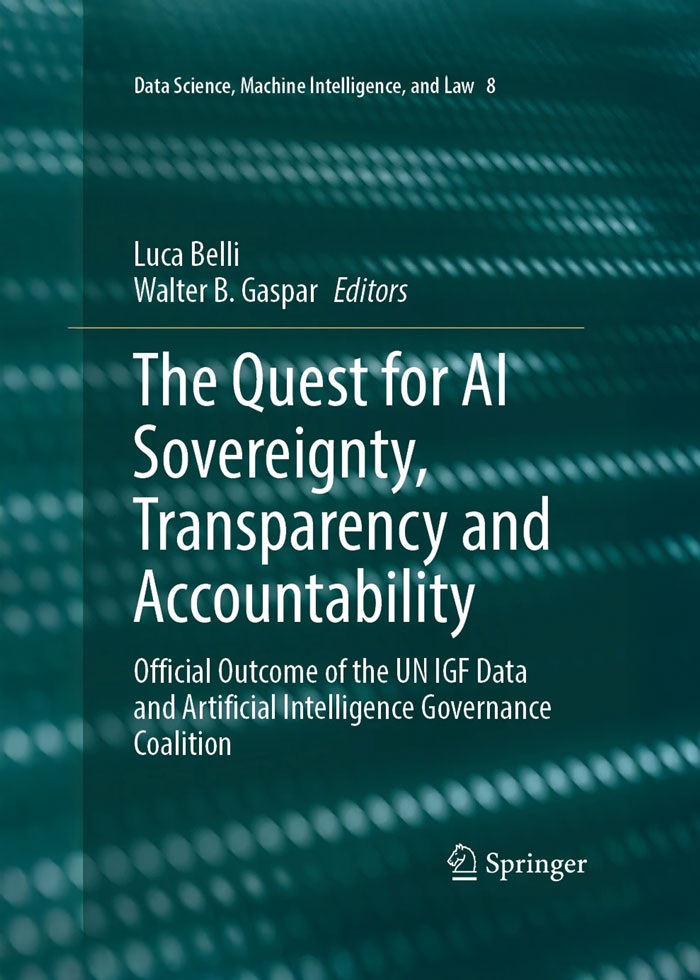
Chapter 19: Lessons Learned from Building a Repository of Public Algorithms in Colombia
2025-12-01
This chapter documents how the team of scholars built the new repository of public algorithms in Colombia and describes how the data was collected, processed, and organized. The chapter also explains the researchers’ main difficulties and solutions implemented. Finally, the chapter reflects on the challenges of fostering algorithmic transparency in a Global South country and offers recommendations for replicating this project in other countries. The database comprises 113 automated decision-making systems (ADMs) from 51 Colombian public bodies, characterizes each system using 40 variables, and was built using over 300 publicly available information sources. The ADMs are used by public organizations in Colombia to perform a wide range of functions and to support different types of state activities. Still, almost half of them are concentrated in the justice, education, and environment sectors.
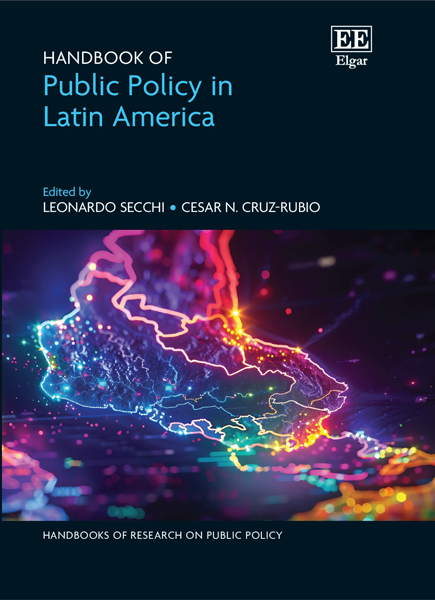
Artificial intelligence in Latin America’s public policy cycles
2025-06-05
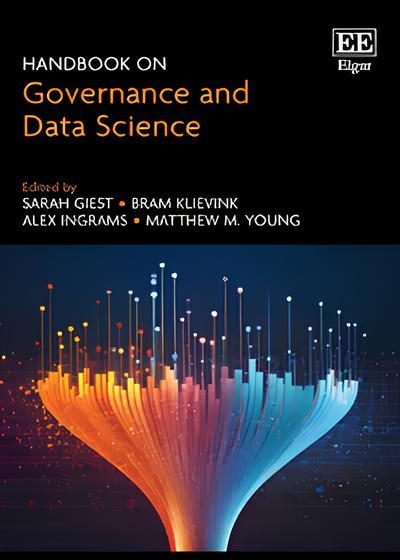
Proactive algorithmic transparency in government: the case of the Colombian repositories of public algorithms
2025-02-06
The adoption of artificial intelligence (AI) and other algorithmic technologies in the public sector is expanding around the globe, and transparency is one of the most common principles in AI guidelines. However, only a few national and sub-national governments proactively inform citizens about using automated decision-making (ADM) systems. This chapter aims to analyze how repositories of public algorithms can contribute to proactive algorithmic transparency. For that purpose, we study the case of the Colombian national government’s repositories, a unique case in Latin America, regarding the levels of transparency regarding the acquisition, development, piloting, adoption, and use of AI systems and robotic process automation (RPA). The chapter also presents the results of a novel database of 113 ADM systems in the Colombian public sector. We conclude that while the government publishes significant amounts of data about its ADM systems, the publicly available information is insufficient to make the algorithmic processes truly accountable in Colombia. This research follows a case study approach in which quantitative and qualitative data about algorithmic transparency in Colombia were collected and processed.
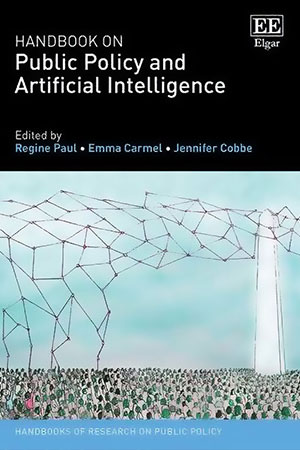
Chapter 24: Critical appraisal of large language models in judicial decision-making
2024-06-21
This timely Handbook explores the relationship between public policy and artificial intelligence (AI) technologies across a broad range of geographical, technical, political and policy contexts. It contributes to critical AI studies, focusing on the intersection of the norms, discourses, policies, practices and regulation that shape AI in the public sector. This title contains one or more Open Access chapters.
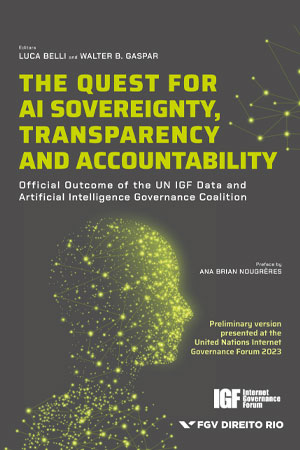
The quest for AI sovereignty, transparency and accountability
2023-10
This volume is the result of a participatory process developed by the Data and Artificial Intelligence Governance (DAIG) Coalition of the United Nations Internet Governance Forum (IGF). The views and opinions expressed in this volume are those of the authors and do not necessarily reflect those of the United Nations Secretariat. The designations and terminology employed may not conform to United Nations practice and do not imply the expression of any opinion whatsoever on the part of the Organization. For any comments on the chapters of this volume, please contact the authors or the editors.
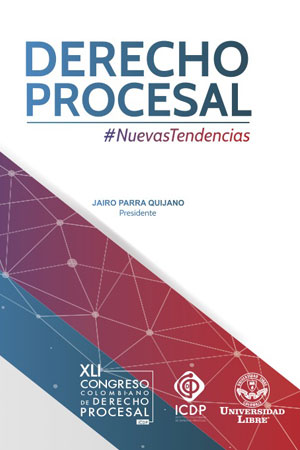
Retos éticos de la inteligencia artificial en el proceso judicial (Ethical Risks of Using Artificial Intelligence Systems for Judicial Decision-Making Processes)
2020-01-21
Este texto analiza las implicaciones éticas del uso de inteligencia artificial en los procesos judiciales con énfasis en el caso de Colombia. El documento comienza por precisar qué es la inteligencia artificial y el aprendizaje automatizado. En la segunda sección el texto identifica qué tiene de especial la inteligencia artificial – como herramienta tecnológica – desde el punto de vista del derecho.. Específicamente esta sección discute qué implicaciones o riesgos genera la inteligencia artificial como herramienta para los procesos judiciales.
Libros:
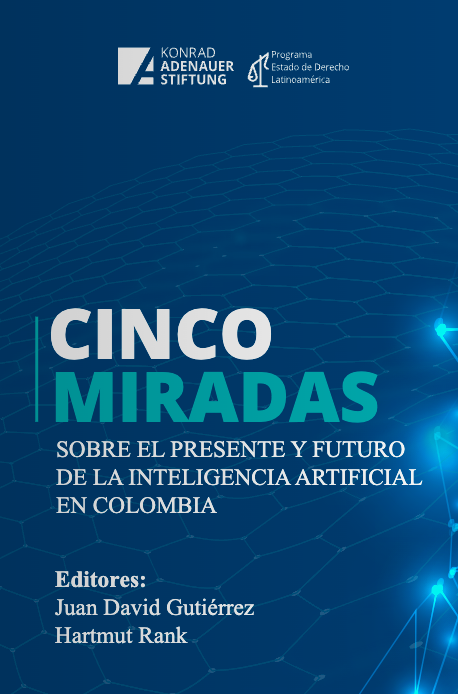
Cinco miradas sobre el presente y futuro de la inteligencia artificial en Colombia (2025)
2025-12-15

Inteligencia artificial. Teorías, aplicaciones, futuro (2025).
2025-10-31
El libro presenta las investigaciones que se desarrollan actualmente sobre o con IA en la Universidad de los Andes. Desde áreas tan diversas como la educación, la ingeniería, la historia, la política pública o el desarrollo sostenible, más de treinta expertos presentan el enorme potencial de estas herramientas para la producción de nuevo conocimiento, así como las reflexiones que deben tomarse para su uso razonado. Esta es una lectura esencial para todos los interesados en conocer los avances tecnológicos, los proyectos de aplicación y las regulaciones sobre IA que se proponen desde una universidad líder en la región.


